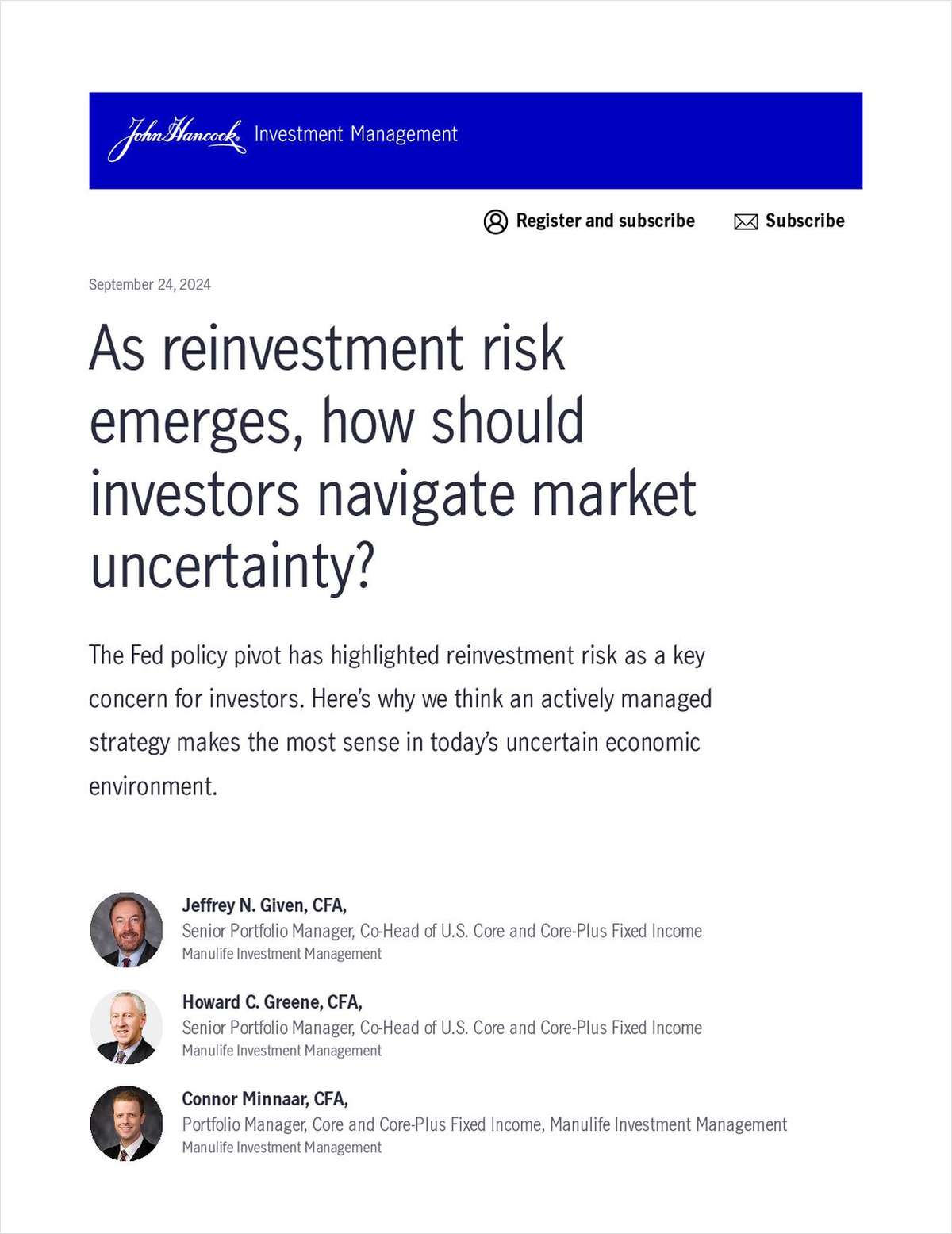Recently, I threw out some ideas for how candidates could show that they have created serious alternatives to the Patient Protection and Affordable Care Act (PPACA). (Or, if they like PPACA: How they can show they have well-thought-out reasons for leaving PPACA alone.)
It seems as if certain candidates (Hillary Clinton) have a tendency to accuse opponents of proposing unrealistic health system change proposals.
On the one hand, in general, I think the biggest flaw in political candidates' health policy proposals is that they tend to talk mainly about the nice, happy parts of their proposals, and, possibly, about the increases in taxes and penalties for billionaires. They tend to ignore the costs, regulatory burdens and limits on choice that might be imposed by their proposals.
Sanders loves to talk about providing Medicare for all. He doesn't talk about the section of his old American Health Security Act bills in which he proposed handling budget overruns by adjusting physician reimbursement rates every quarter. Somehow, the quarterly physician pay cut mechanism is not the first thing he brings up when he's campaigning.
On the other hand, candidates for office ought to have some room to paint themselves and their proposals in the best possible light.
Every possible proposal will come to life with known weaknesses, and surprises can capsize any possible plan.
One test for a proposal might be: If candidates describe their proposals in the most positive terms that any voter can stomach, do voters actually like those rose-colored glasses versions of the candidates' health policy worlds?
On the third hand, some candidates may bring out what look like skimpy, unserious proposals because they are seriously skeptical about how much the government can or should do to fill health access gaps.
Some candidates might argue that government intervention in health care generally increases the cost of health care, decreases flexibility, or leads to financial pressures that reduce what consumers can spend on other things they like.
If candidates have the guts to talk about their views on the limits of the government's role in health care, this may sharply cut down on the amount of impact analysis they have to do to show that they're serious.
If they think the percentage of people with health insurance is of no real concern to the federal government, why should they have to estimate how their proposals might affect the uninsured rate?



